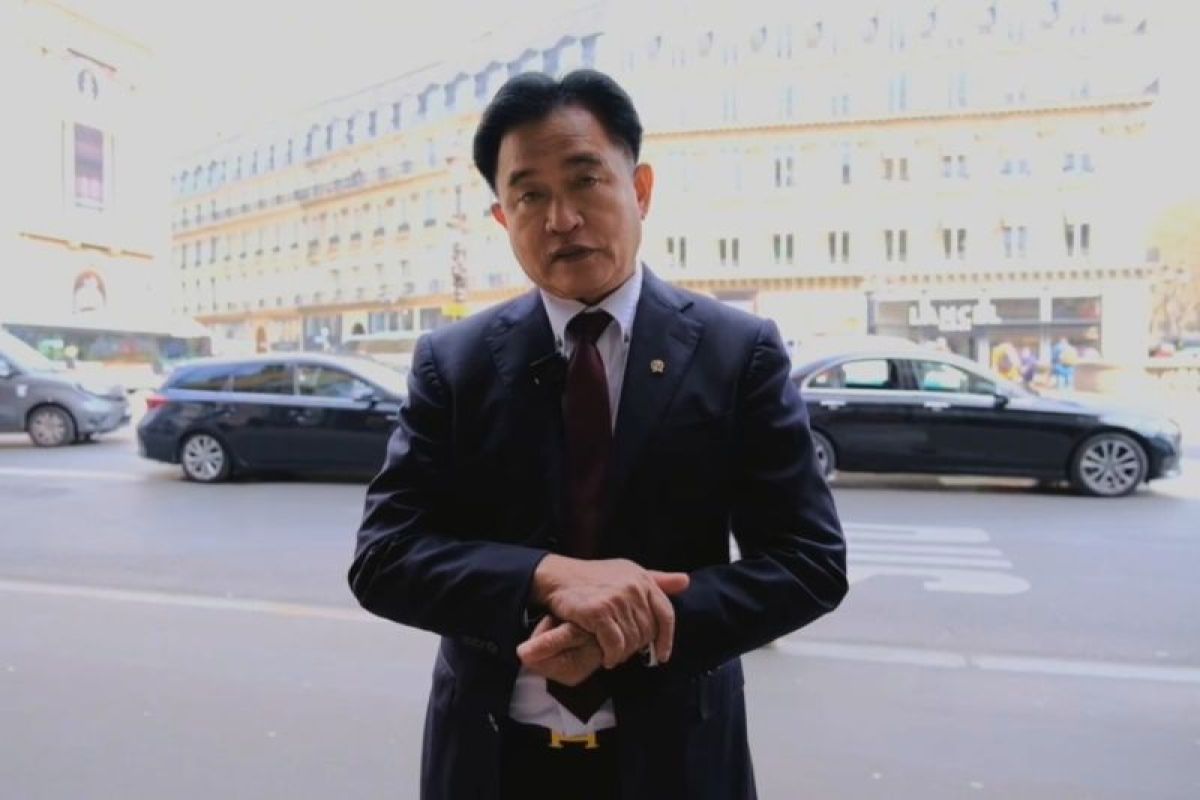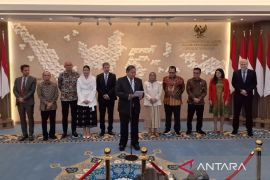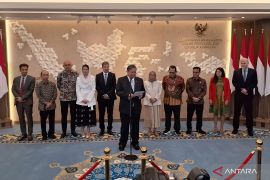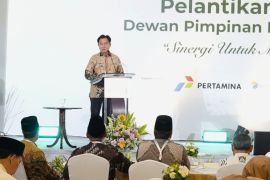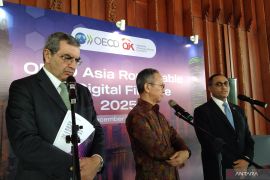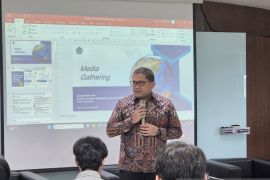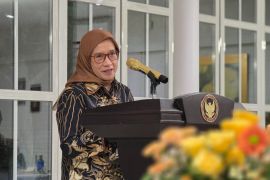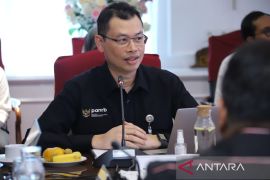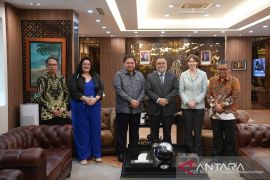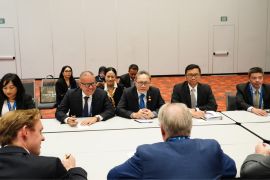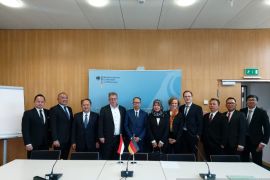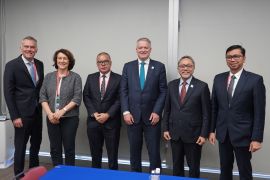By joining the OECD, he explained, Indonesia will have bigger opportunities in economic, investment, and development cooperation with 38 OECD countries. It will also strengthen governance and transparency within the country.
"Indonesia is expected to officially become a member of the OECD in the next three years and become the third country in Asia to join, after Japan and South Korea," Mahendra said on Thursday.
As part of the ongoing accession process to the OECD, Indonesia needs to sign the OECD Anti-Bribery Convention and other legal instruments, which are standards for developed countries.
Regulatory reform for anti-corruption, anti-bribery, and clean governance is also the main requirement that must be met to join the OECD, he noted.
At an OECD meeting in Paris on Wednesday, Mahendra delivered a speech on behalf of Indonesian President Prabowo Subianto.
On that occasion, he also spoke with Guatemalan President Bernardo Arevalo about the history of Indonesia's struggle to eradicate corruption since 1958 and its development after ratifying the United Nations Convention against Transnational Organized Crime (UNTOC) and the United Nations Convention against Corruption (UNCAC) in 2006.
He acknowledged that Indonesia's Corruption Perception Index in recent years has not experienced significant changes.
"This shows that there is still a lot of work to be done," he said.
In addition to signing the convention on bribery and various other legal instruments before joining the OECD, the Indonesian government is also obliged to reform legal and bureaucratic systems to improve regulations related to corruption, bribery, and clean governance, he noted.
According to Mahendra, such a step is needed because the OECD will not only assess various normative rules, but also take into account the implementation of these rules in practice.
Thus, it is a challenge as well as an opportunity for Indonesia to carry out comprehensive reforms in the next three years.
As part of the process to become a member of the OECD, he noted, Indonesia is expected to strengthen its economy, increase transparency in governance, and accelerate development toward the Golden Indonesia 2045 vision, which envisages Indonesia as a developed country that is free from corruption.
Related news: Indonesia secures Chile's support for accession to OECD
Related news: Challenges and trappings of OECD accession for Indonesia
Related news: Hartarto asks OECD nations to expedite RI's accession
Translator: Agatha Olivia Victoria, Yashinta Difa
Editor: Azis Kurmala
Copyright © ANTARA 2025
